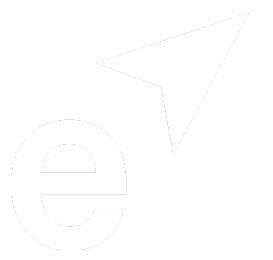"I can't learn languages"
… is a complaint (excuse!) I have heard so many times over the years! And it is true: studying for languages is a tricky business and is unlike anything else we do across the school curriculum.
Start Browsing
Start browsing
< Wait, I have a password

to your account
 Facebook
Facebook
< Wait, I don't have a profile yet
Reset Password >
to save your details
 Facebook
Facebook
< Wait, I already have a profile

Start browsing
< Wait, I have a password



Put yourself in the shoes of the examiner
We all know that we want to do better than our friends... but do we need to compete with them? One of the best things I did during high school was work with friends. We would both do a practice exam, and then swap papers at the end and mark each other's papers. This was good because we would mark each other harshly, and have to justify why we gave (or didn't give) each other a mark. This meant that we had to dig deep to justify our knowledge and therefore had to understand what we were talking about. It also forced us to put ourselves in the shoes of the examiner. That is, in marking the exam paper, we used the examiner's report as a base or criteria to mark the question. This meant that we got an insight into what examiners were looking for in answers.
